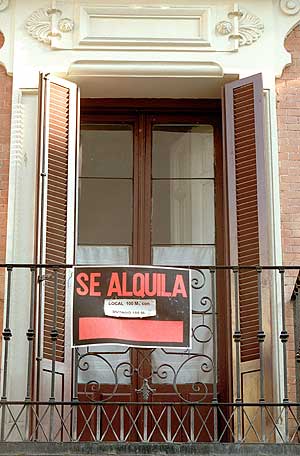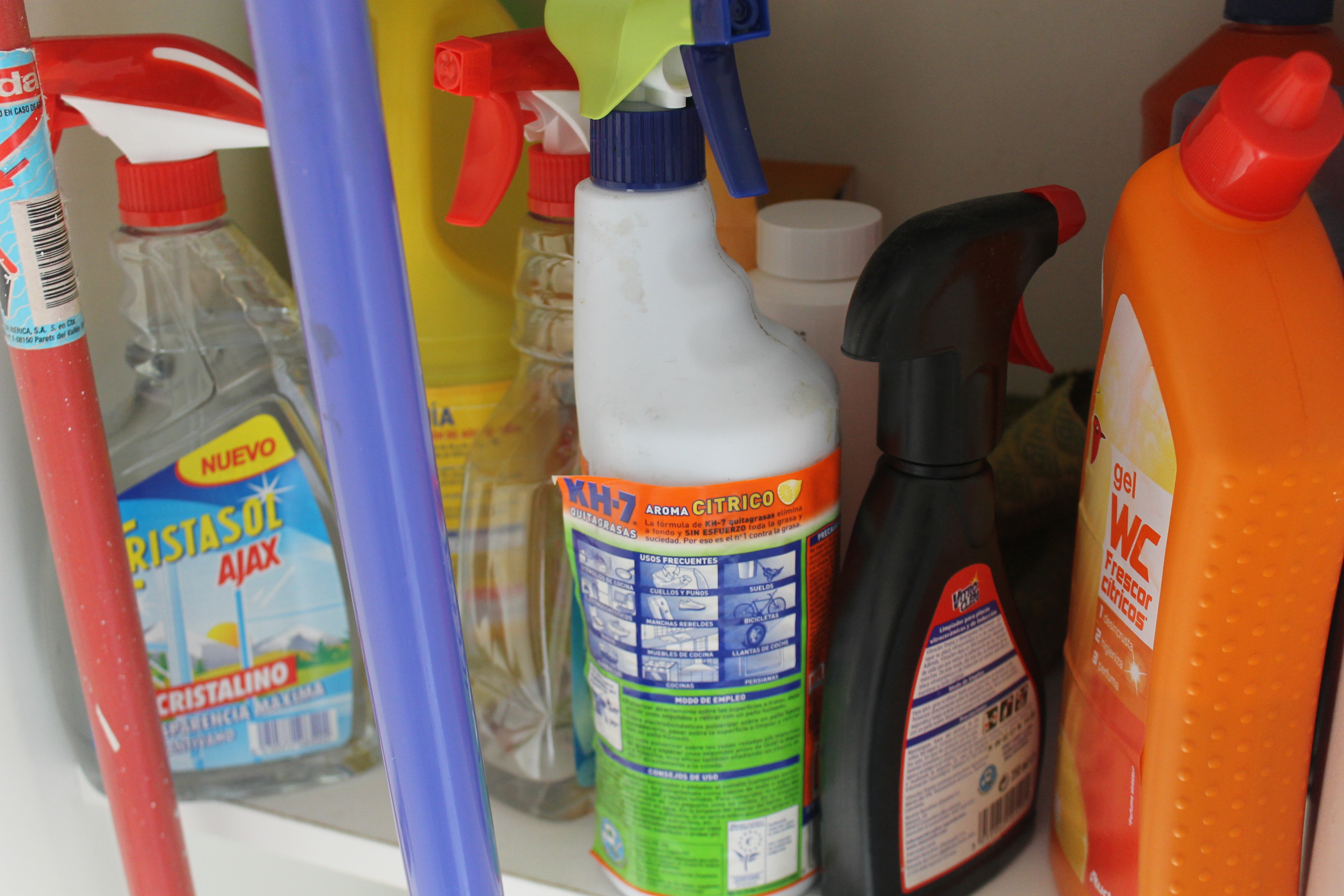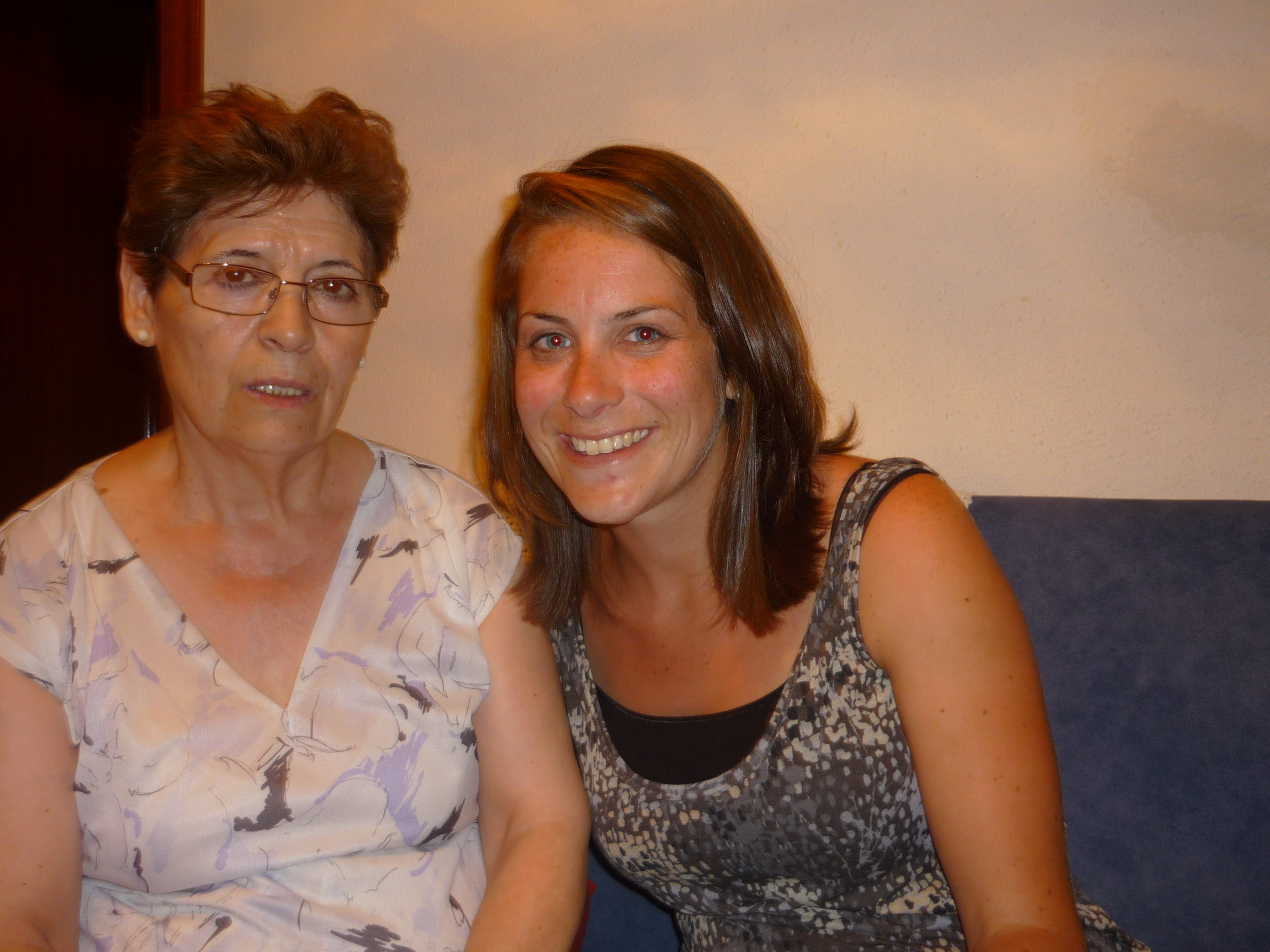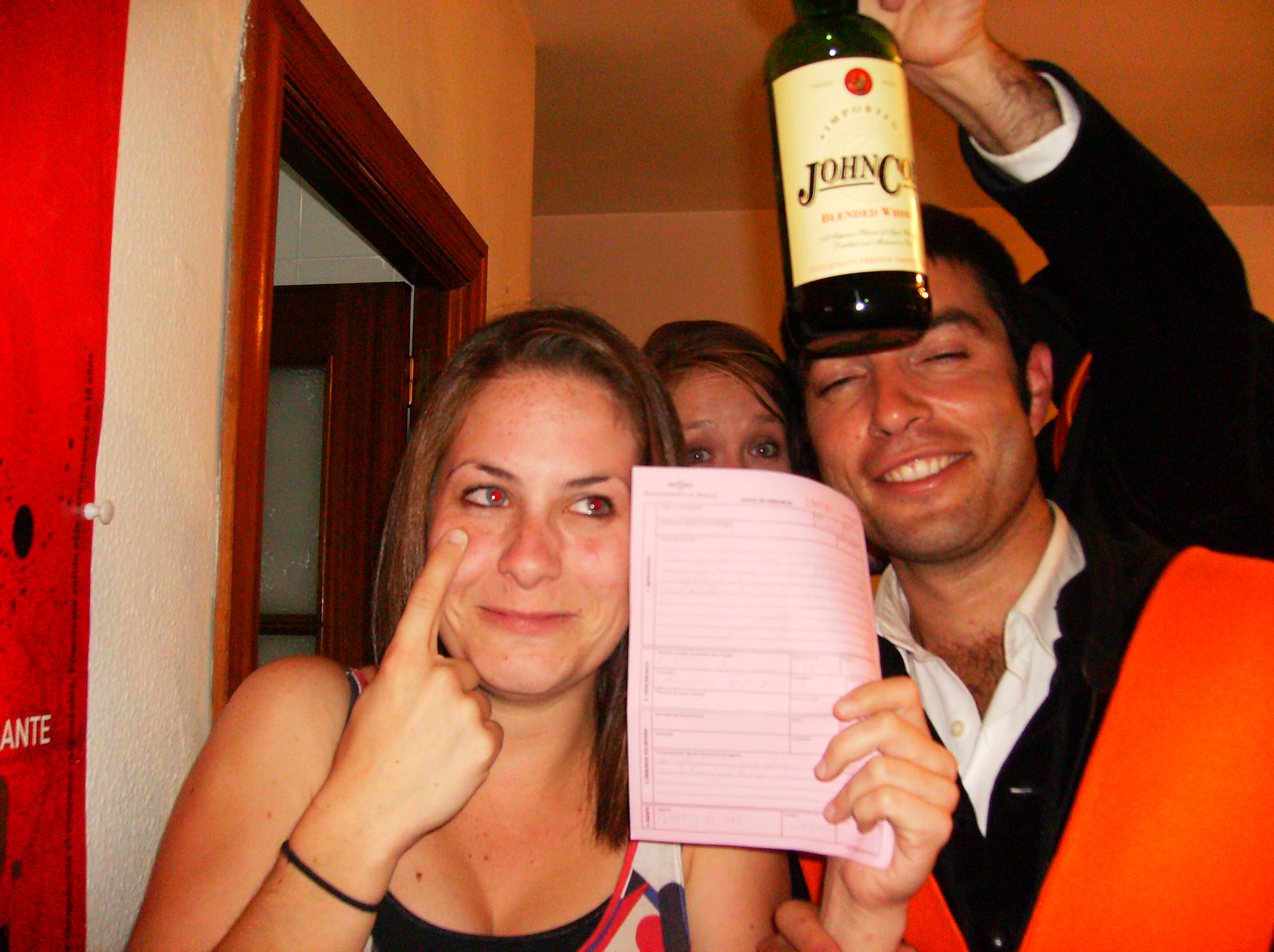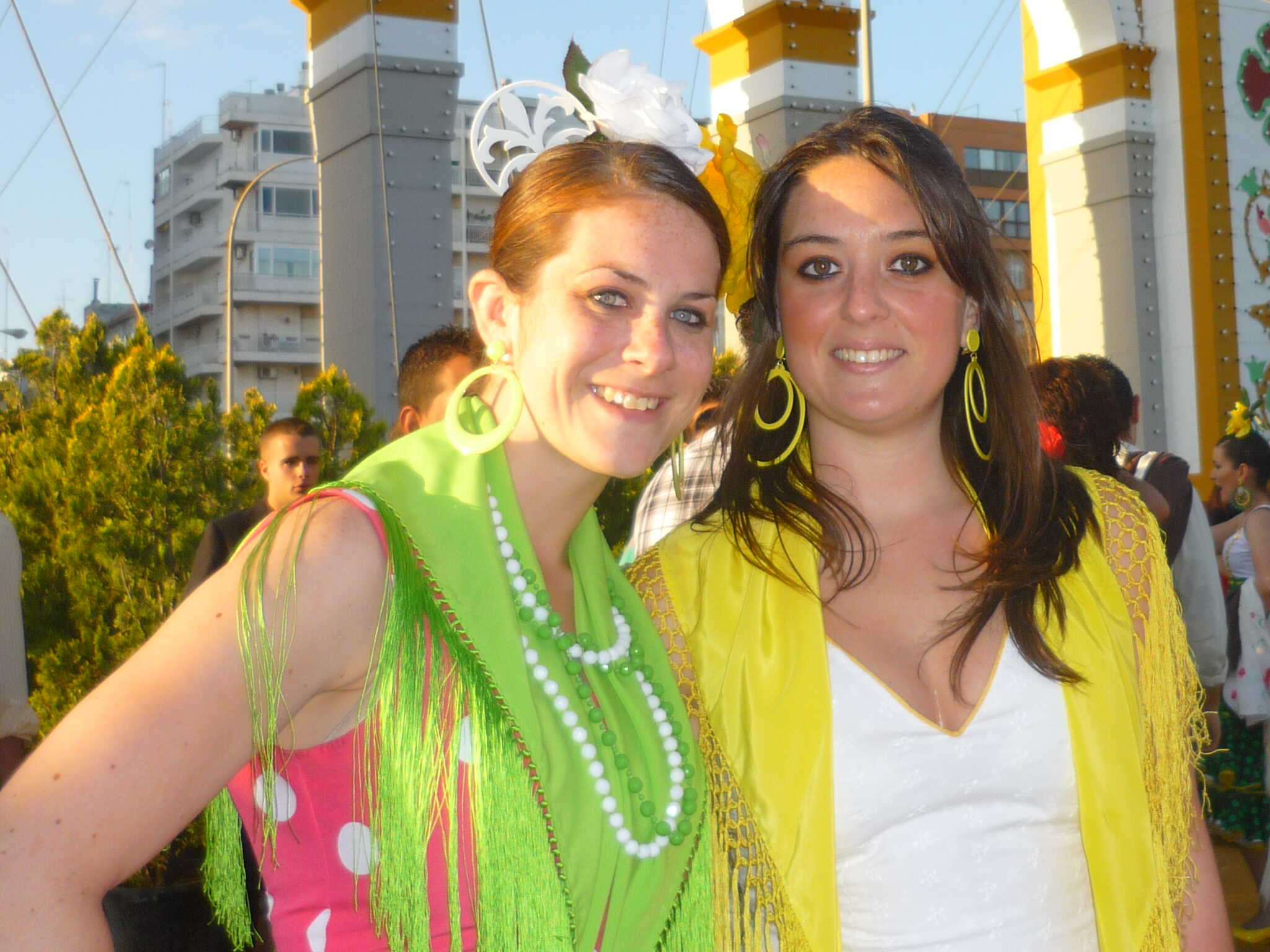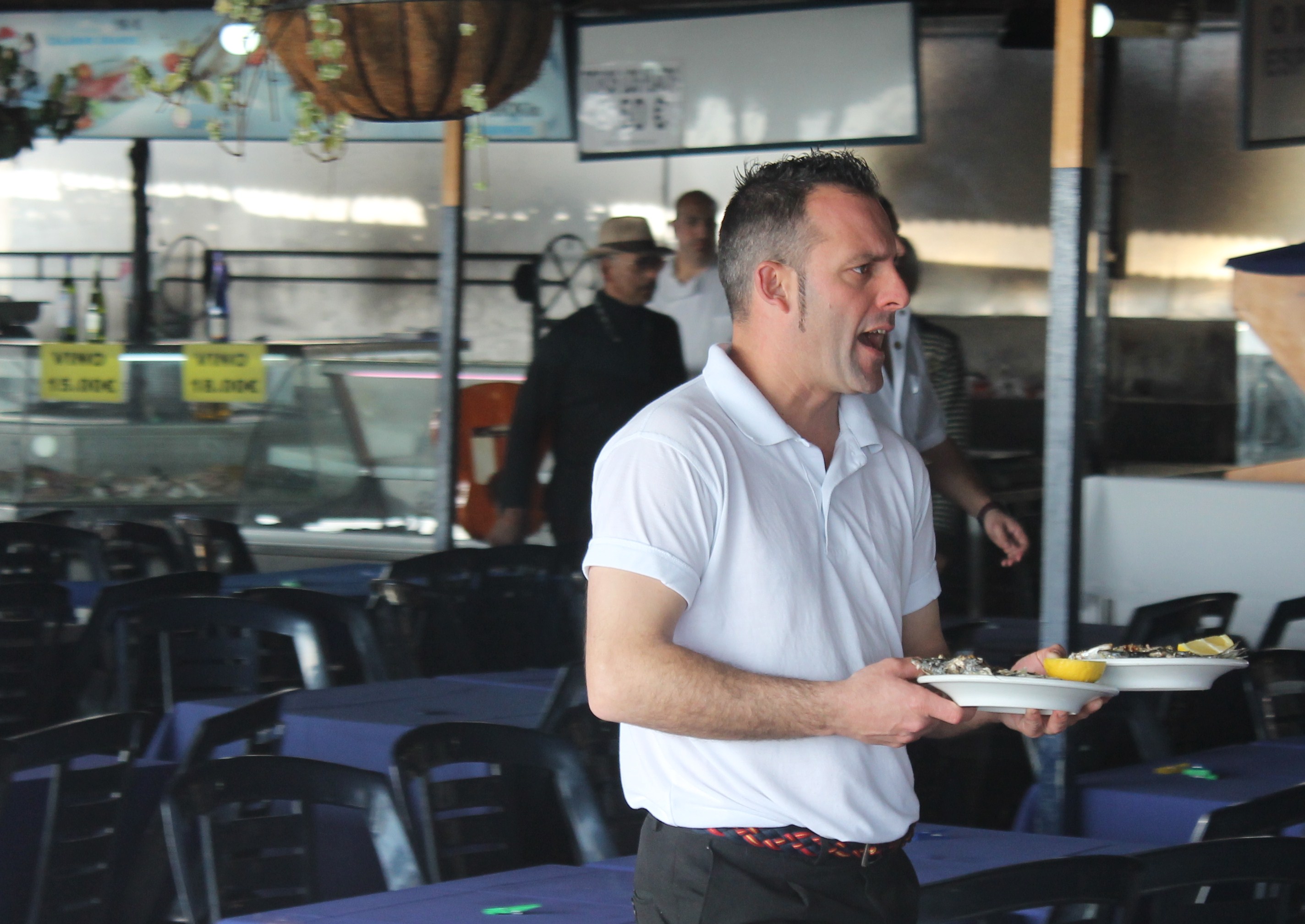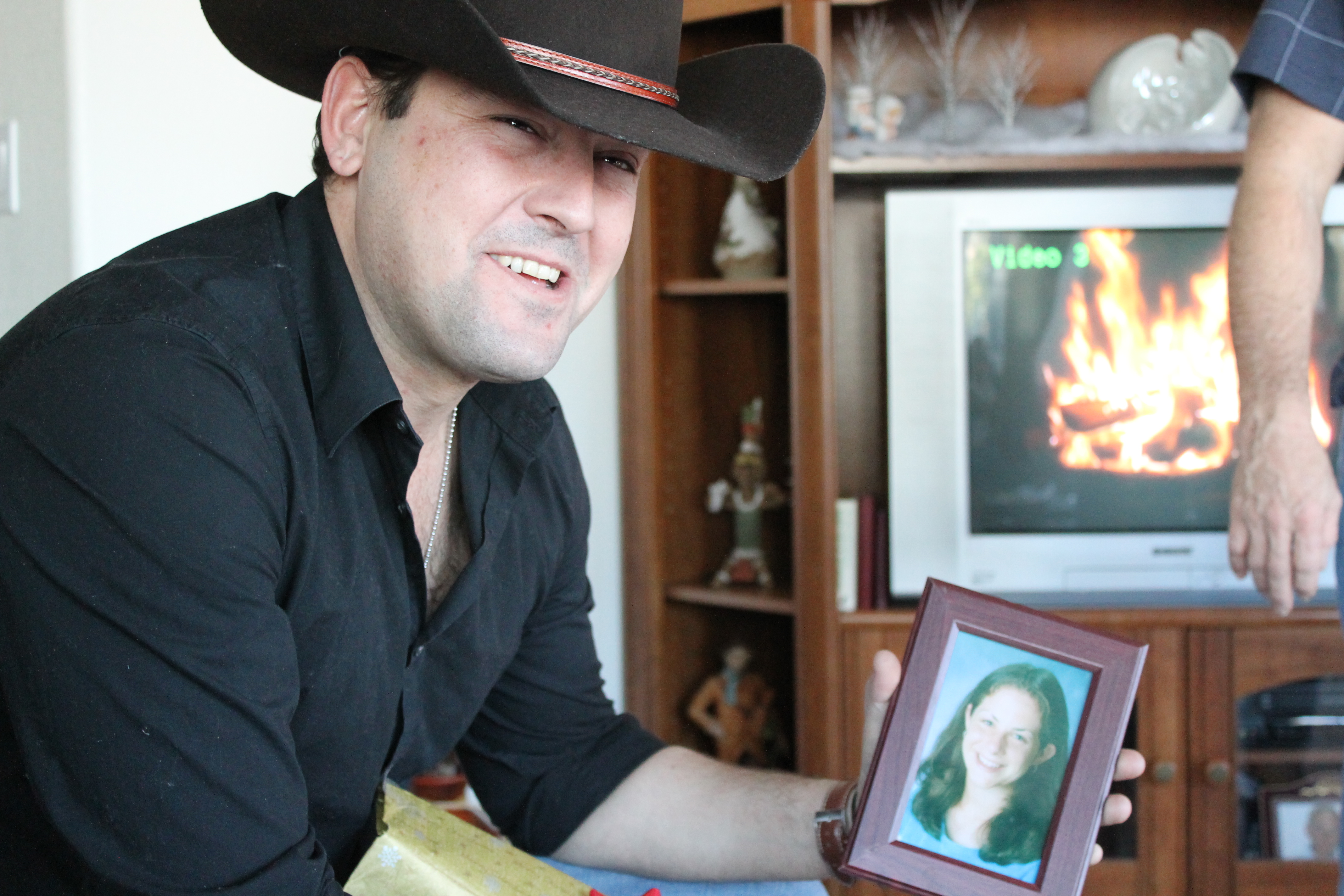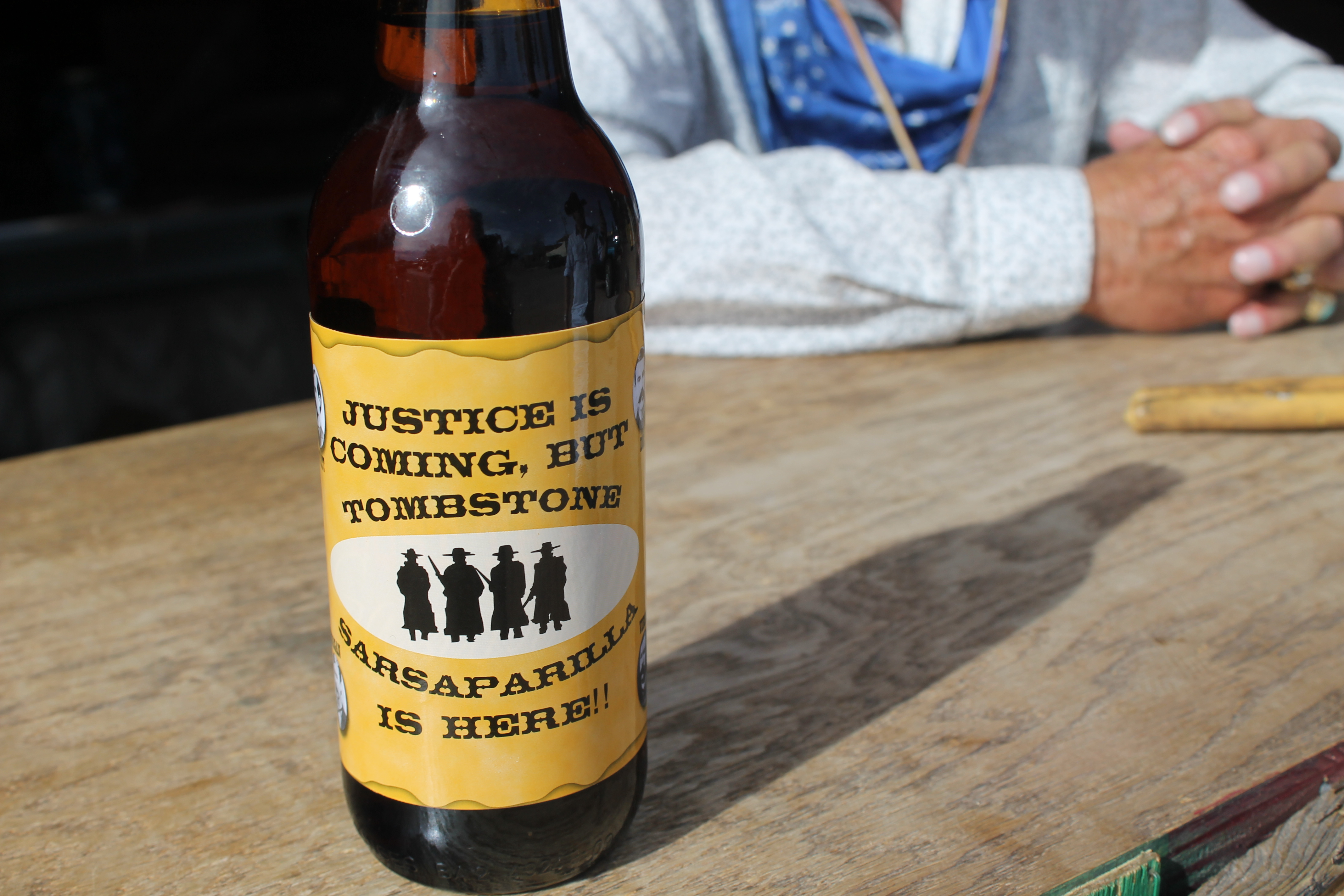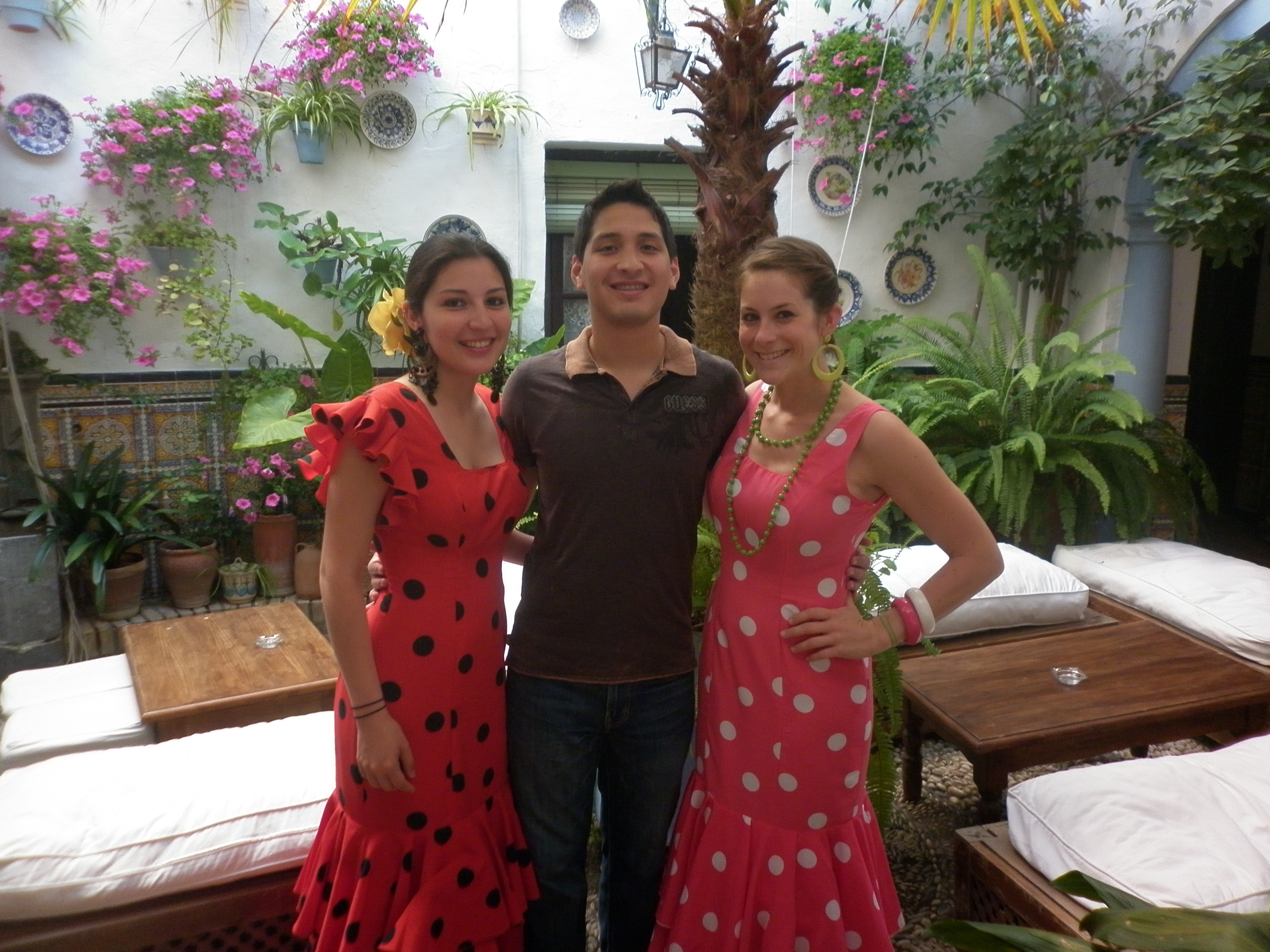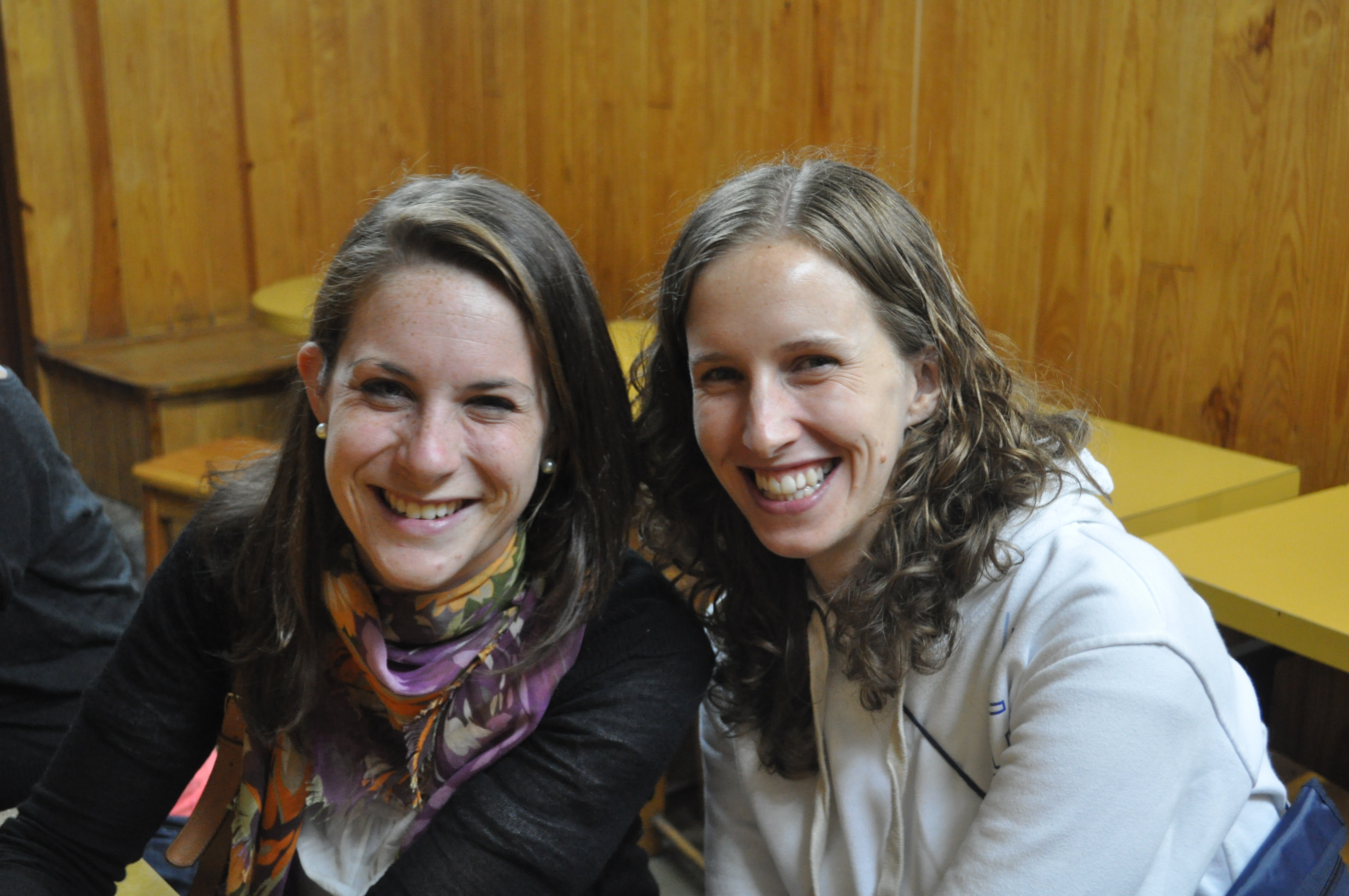While Liz was busy talking about how minimalism in your suitcase is a good thing, I was busy roving the stores for bargains, wardrobe staples and a little but of color for my monochrome style.
Yes friends, it’s rebajas time. Hide your wallets.
By Spanish law, shops are required to dump all of their old merchandise onto the sales floor and mark it down, sometimes up to 70%. Little orange or red tags start sticking to the bottom of my soles, popping out of my wallet on spare receipts and then my orange bank card starts acting up.
Thank God my mom raised me to search EVERY item on EVERY sale rack at EVERY store, because I always have the patience to try just one more shop and scour each rack until I am convinced there is nothing else for me.
WAIT these shoes are burgundy and it’s summer and they’re suede and I have zero anything that matches? Sure, toss them in the bag. Oh, sorry, sevillana stink face chick at Mango, for impulse buying them and then deciding against it, hence multiple trips to Nervion Plaza and a whole new wad of shopping bags.
Ok, self-confessed. You get the idea.
I’ve survived Rebajas – which for the record happen in January, February, July and August all over the peninsula – nearly a dozen times. I shudder to think how much money I’ve spent on the garments that have been purchased in that time, even if in the name of bargain basement prices. Hey, I worked in a Banana Republic outlet store and learned some simple stats – the longer it sits on the sale rack, the lower the price goes. This, sadly, is related to the decline in your size (which, in European size, means that all the Mediums and size 40s are loooong gone).
Despite the money spent and the time wasted in line (DIOSSSS the Spaniards love to hacer cola!), I’ve had some pretty memorable finds.
Exhibit A: A flamenco dress for 125€. And the other for 100€. And the third for 60€
Exhibit B: The Mango Blazer I wear like I have nothing else (half-off at 25€)
Exhibit C: My birdcage necklace that I get complimented on constantly and wear with everything (70% off, totaling 7€, not to mention the Cariocca dress marked down from 135€ to 36€ that I bought at the same time)
Exhibit D: a Panasoic Lumix, my faithful companion before NYE in Switzerland, a trip to the toilet and old age did it in, for 129€
Exhibit E: In true rebajas style, three pairs of shoes (including a Franco Sarto) at the Zappos outlet for $71 this summer (it counts because it was a super ganga and it was technically during the tail end of Rebajas in Spain anyway)
Even today, to avoid a long line at Vodafone (where I eventually threw away two hours of my life and never made it to Mango), I shopped. For just under 9€, I got two pairs of underwear and a summer skirt (2€, 3€ and 4€, respectively) at Women’s Secret, along with a pair of loafers (9,99€), a light sweater (8€), a lace shirt I’ve been looking for (not on sale, but only 10€) and a mustard-color skirt (4€) for 32€ at Lefties. Forty for alllll that loot. Call me a rebajas champion.
Or call me a maximalist, a hoarder or someone who will never have any life savings. I have two-thirds of the closet full of finds, and nothing on my body currently was bought at full-price. I call myself Spain’s only way to fight recession, really.
What did you all find at Rebajas this season, or are you taking Liz’s approach to things and steering clear of the shops? How much do you normally spend at Rebajas? Do you love my super amateur photography?!






